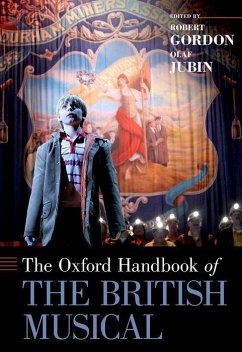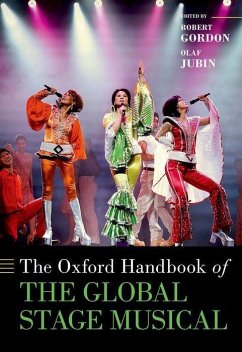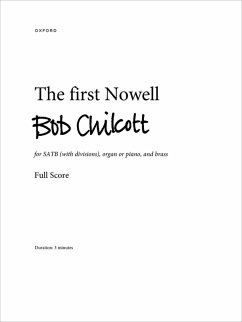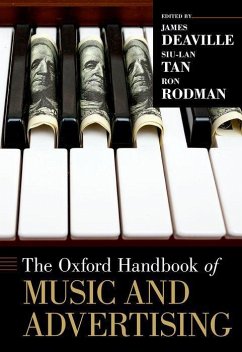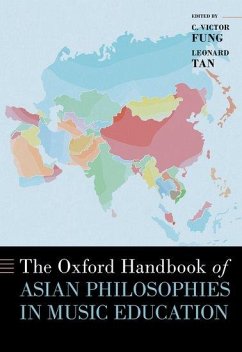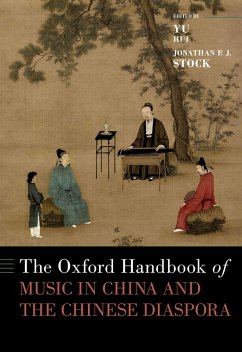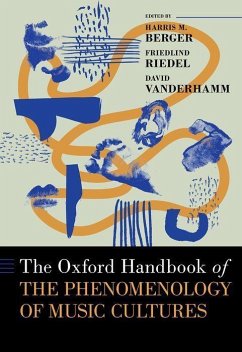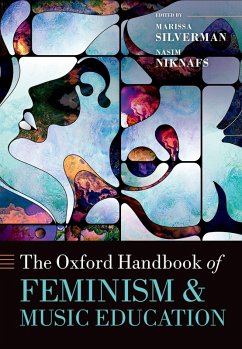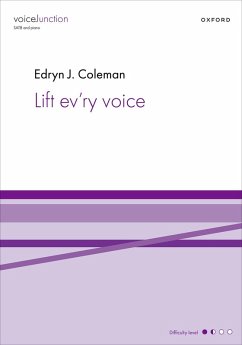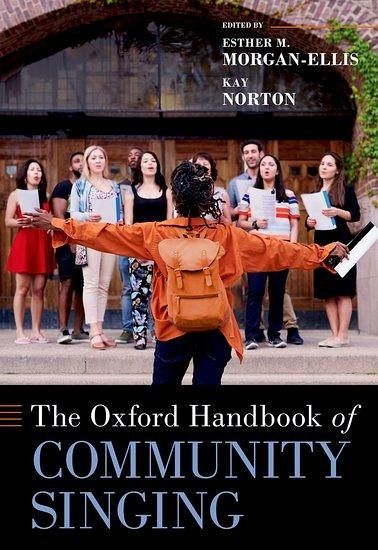
The Oxford Handbook of Community Singing
Versandkostenfrei!
Versandfertig in über 4 Wochen
233,99 €
inkl. MwSt.
Weitere Ausgaben:

PAYBACK Punkte
117 °P sammeln!
The Oxford Handbook of Community Singing embraces an open-ended interpretation of socio-musical practices that can be described with the term community singing. The volume exemplifies community singing as an interdisciplinary field of study that encompasses diverse methodologies and objects of inquiry, and in the process brings together recent research from the fields that have historically engaged with the practice of group singing, including group dynamics, ethnomusicology, music history, music education, music therapy, community music, church music, music performance, sociology, political s...
The Oxford Handbook of Community Singing embraces an open-ended interpretation of socio-musical practices that can be described with the term community singing. The volume exemplifies community singing as an interdisciplinary field of study that encompasses diverse methodologies and objects of inquiry, and in the process brings together recent research from the fields that have historically engaged with the practice of group singing, including group dynamics, ethnomusicology, music history, music education, music therapy, community music, church music, music performance, sociology, political science, Latin American and North American studies, media studies, embodied psychology, theology, and philosophy.




